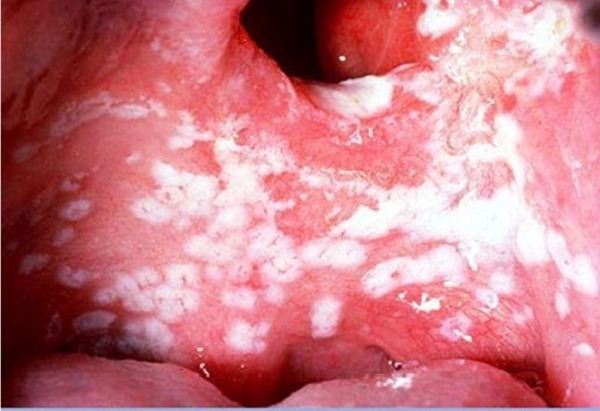While many women might not be too comfortable talking about thrush, the fact is that it affects around 3 in 4 of us during our lifetimes, so it is something a lot of people have experienced, and there’s no need to be shy of seeking help when it’s needed.
Luckily, in most cases successful diagnosis by a doctor or nurse followed by targeted treatment can solve the problem in as little as a week. However, there are situations when treatment may not be successful or the problem may reoccur. While this can understandably be very upsetting for women professional help is available to help them with the many complications that can arise because of thrush.

Failing to respond to treatment
One of the most common problems with thrush is a failure to respond to treatment. In fact, as many as 20% of women fail to recover within 2 weeks of beginning treatment, which is considered to be the normal recovery time. Often this is down to the fact that women have self-diagnosed because they feel confident about the symptoms they have. However, many symptoms of thrush are similar to other infections, and so it is possible to incorrectly diagnose yourself at home. A medical professional will be able to test you to make sure you’re definitely affected by thrush.
If you have been properly diagnosed with thrush but still aren’t responding to treatment make sure you consult a medical professional immediately so they help find you an alternative treatment and monitor you progress.
Intimacy issues
Many women also find themselves having sexual problems while they are affected by thrush. This is because thrush can cause vaginal irritation, making intercourse uncomfortable or even painful. Some women can find themselves lacking in confidence after a bout of thrush or have a partner that is confused or worried about the condition. While time can sometimes be a factor in returning to your usual sex drive, if you are at all concerned about how thrush has affected your sexual activity talk to a doctor or nurse.
Stress and depression
Stress and depression can suppress the immune system, which can increase the chance of getting a thrush infection. However, because of the nature of the infection, some women find themselves in the reverse situation, where the infection causes stress or depression. Because of the complex relationship between stress, depression and thrush it can sometimes be difficult knowing what causes what. This is a clear case where over the counter treatments just won’t do and expert medical advice is needed.
Recurring thrush
Recurring thrush is a problem that affects around 1 in 20 women. The problem might be recurring for a number of reasons. For example, poorly controlled diabetes can cause a yeast infection, as can immunosuppressive conditions such as HIV and the consequences of chemotherapy. In these cases treatments suited to your personal needs are best, and the only way to get such personalised care is by seeing your doctor.
Everyone’s body is different, but the complications caused by thrush are shared by many women and there is a great understanding about the condition. This means that as long as you get the professional advice you need, you should be able to effectively manage your condition and get back to feeling normal as soon as possible.
Written by Kat Kraetzer, an experienced blogger working in the health-care industry for many years

